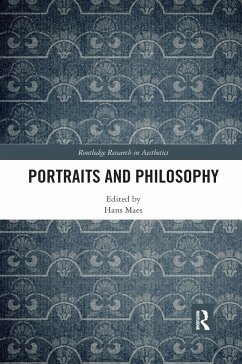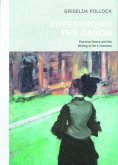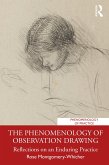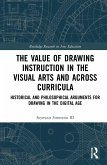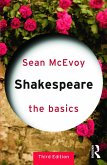Portraits are everywhere. One finds them not only in museums and galleries, but also in newspapers and magazines, in the homes of people and in the boardrooms of companies, on stamps and coins, on millions of cell phones and computers. Despite its huge popularity, however, portraiture hasn't received much philosophical attention. While there are countless art historical studies of portraiture, contemporary philosophy has largely remained silent on the subject. This book aims to address that lacuna. It brings together philosophers (and philosophically minded historians) with different areas of expertise to discuss this enduring and continuously fascinating genre.
The chapters in this collection are ranged under five broad themes. Part I examines the general nature of portraiture and what makes it distinctive as a genre. Part II looks at some of the subgenres of portraiture, such as double portraiture, and at some special cases, such as sport card portraits and portraits of people not present. How emotions are expressed and evoked by portraits is the central focus of Part III, while Part IV explores the relation between portraiture, fiction, and depiction more generally. Finally, in Part V, some of the ethical issues surrounding portraiture are addressed. The book closes with an epilogue about portraits of philosophers.
Portraits and Philosophy tangles with deep questions about the nature and effects of portraiture in ways that will substantially advance the scholarly discussion of the genre. It will be of interest to scholars and students working in philosophy of art, history of art, and the visual arts.
The chapters in this collection are ranged under five broad themes. Part I examines the general nature of portraiture and what makes it distinctive as a genre. Part II looks at some of the subgenres of portraiture, such as double portraiture, and at some special cases, such as sport card portraits and portraits of people not present. How emotions are expressed and evoked by portraits is the central focus of Part III, while Part IV explores the relation between portraiture, fiction, and depiction more generally. Finally, in Part V, some of the ethical issues surrounding portraiture are addressed. The book closes with an epilogue about portraits of philosophers.
Portraits and Philosophy tangles with deep questions about the nature and effects of portraiture in ways that will substantially advance the scholarly discussion of the genre. It will be of interest to scholars and students working in philosophy of art, history of art, and the visual arts.
"Portraits and Philosophy is a philosophical invitation to reconsider portraits as an artistic genre
as well as an object of philosophical investigation. Moreover, chapter after chapter, this book
debunks all the underlying skepticism and prejudices against the possibility of substantial
reflection on this topic. The book is philosophical aesthetics done at its best: this collection of
eighteen original articles written by philosophers and art historians- plus an introduction and an
epilogue by the editor-not only shows philosophical insight, but establishes a substantial and
robust dialogue between philosophy, art history and art practice that one frequently expects, but
rarely finds, in the aesthetics literature." - MIND
"This book seems certain to establish the philosophy of portraiture as a new and important topic of debate within philosophy and to demonstrate the centrality of philosophical aesthetics to the issues of self, identity and our understanding of each other, that concern us all." - Ian Ground, University of Hertfordshire, UK
"This is an excellent book on the elusive but pervasive genre of portraiture. It provides the reader with conceptual tools to understand the boundaries of the genre, the value of portraits and some ethical issues they give rise to. Also, it invites the reader to consider interesting questions such as whether there can be portraits of absent sitters, how to understand sport cards portraits or fictional portraits appearing in literary works." - Paloma Atencia-Linares, National Autonomous University of Mexico
as well as an object of philosophical investigation. Moreover, chapter after chapter, this book
debunks all the underlying skepticism and prejudices against the possibility of substantial
reflection on this topic. The book is philosophical aesthetics done at its best: this collection of
eighteen original articles written by philosophers and art historians- plus an introduction and an
epilogue by the editor-not only shows philosophical insight, but establishes a substantial and
robust dialogue between philosophy, art history and art practice that one frequently expects, but
rarely finds, in the aesthetics literature." - MIND
"This book seems certain to establish the philosophy of portraiture as a new and important topic of debate within philosophy and to demonstrate the centrality of philosophical aesthetics to the issues of self, identity and our understanding of each other, that concern us all." - Ian Ground, University of Hertfordshire, UK
"This is an excellent book on the elusive but pervasive genre of portraiture. It provides the reader with conceptual tools to understand the boundaries of the genre, the value of portraits and some ethical issues they give rise to. Also, it invites the reader to consider interesting questions such as whether there can be portraits of absent sitters, how to understand sport cards portraits or fictional portraits appearing in literary works." - Paloma Atencia-Linares, National Autonomous University of Mexico

